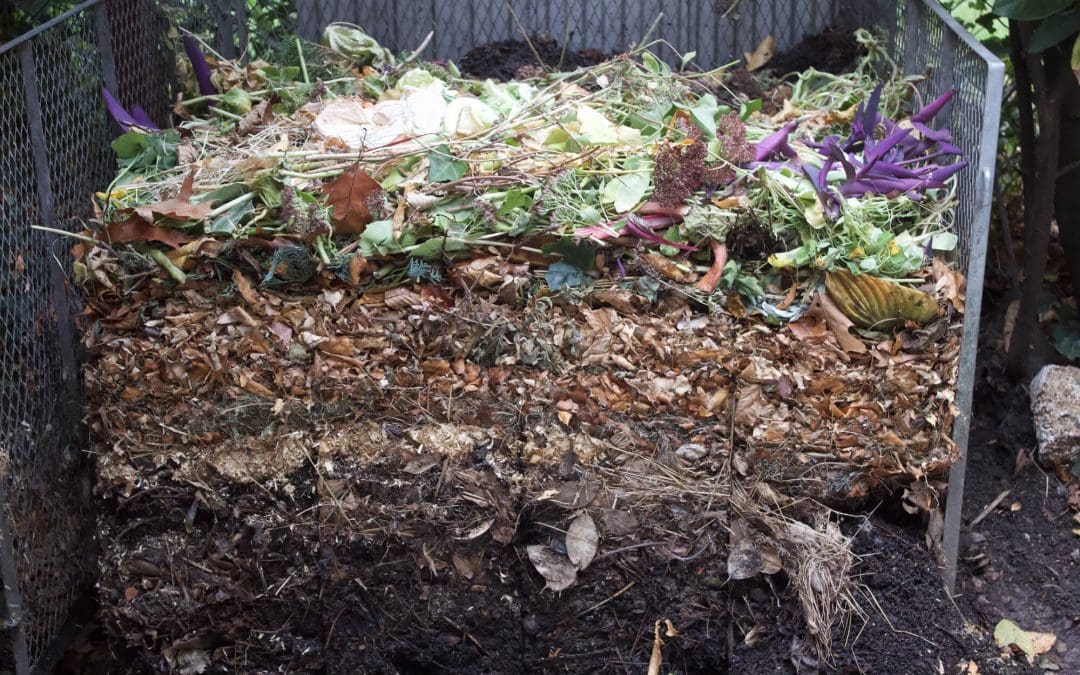Composting at home is a practical approach to reducing waste and an enriching way to contribute to a healthier environment. This blog post will explore the benefits of composting at home and provide a simple guide on starting your own compost pile, making it easy for anyone to begin.
Why Should You Start Composting at Home?
- Waste Reduction: Composting at home can significantly decrease the volume of garbage sent to landfills. Organic waste, such as food scraps and yard debris, makes up a large percentage of landfill waste. When decomposed anaerobically, this waste produces methane, a potent greenhouse gas.
- Soil Health: Compost is a fantastic soil amendment. It enriches the soil, promoting plant health and growth by improving soil structure, moisture retention, and nutrient content.
- Reduces Chemical Use: Using compost reduces the need for chemical fertilizers. Natural compost provides a rich source of nutrients and helps suppress plant diseases and pests.
- Saves Money: By reducing the need for commercial soil conditioners and fertilizers, composting can lead to significant savings over time.
How to Start Composting at Home
1. Choosing Your Composting Method
- Bin Composting: You can buy a compost bin or make one from materials like wood or old pallets. Place it in a dry, shady spot near a water source for easy maintenance.
- Trench Composting: This method involves burying organic waste directly into the ground in your garden. It is simpler and slower but equally effective, especially for those with limited space.
- Vermicomposting: Using worms to compost your organic waste can be an efficient and fascinating way to create compost. It’s particularly suitable for indoor composting.
2. Setting Up Your Compost Pile
Whatever method you choose, setting up your compost pile involves layering organic materials:
- Greens: This includes materials like fruit and vegetable scraps, coffee grounds, and fresh grass clippings. They are rich in nitrogen.
- Browns: This includes materials like dried leaves, branches, twigs, and paper. They are rich in carbon.
The ideal ratio of browns to greens in a compost pile is about 3:1, which helps to speed up the decomposition process and prevents odor.
3. Maintenance
- Aeration: Turning your compost pile regularly will introduce oxygen, which is essential for composting. Use a garden fork or a shovel to mix and aerate the pile every few weeks.
- Moisture: Your compost pile should be moist like a wrung-out sponge. If it’s too dry, add water; if it’s too wet, add more browns to absorb the excess moisture.
- Size: Keep your compost pile manageable, ideally no larger than 3 feet high and wide. This size balances the need for heat retention and ease of handling.
4. Usage
Once your compost matures, which usually takes 4-6 months, it will be dark, crumbly, and earthy-smelling. Use it in your garden to improve soil structure, add nutrients, and enhance soil health.
Composting at home is a simple yet profound step toward sustainable living. By turning everyday waste into valuable compost, you can enrich your garden and contribute to a larger environmental cause. Whether you live in an apartment or have a sprawling backyard, there’s a composting method that can work for you.
FAQs About Composting
What materials should not be composted at home?
Avoid composting meats, dairy products, treated wood, and plants treated with pesticides, as these can attract pests and contribute to the spread of disease.
Can I compost in winter?
Yes, you can compost during winter, but the process slows down significantly. You can insulate your compost bin to help retain heat and maintain decomposition.
Does composting cause bad smells?
A properly maintained compost bin should not smell bad. Foul odors can occur if the compost is too wet or has too many green materials. Balancing greens with browns and ensuring adequate aeration are key.
How long does it typically take for compost to be ready?
The time it takes for compost to mature can vary widely, but typically, it ranges from three months to a year, depending on factors like the materials used, the size of the pile, and maintenance practices.
I Spy Inspectors provides professional home inspection services in Wisconsin. If you’re buying or selling a home, contact us to request an appointment.

